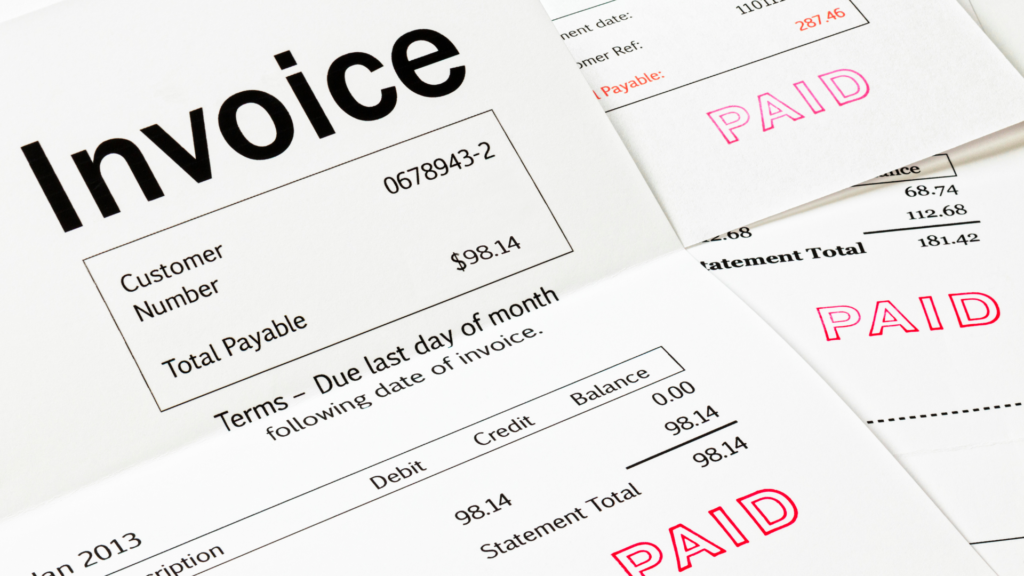Robotic process automation (RPA) is a rapidly growing technology that can automate menial tasks and processes, saving businesses time and money. In this blog article, we’ll take a look at two examples of how RPA can be used in your finance or accounting department. Whether you’re looking to improve efficiency or reduce costs, RPA could be a valuable tool for your business.
When considering the integration of RPA into a business process, it is important to keep in mind that there are certain conditions that must be met in order for the implementation to be successful. First and foremost, there must be a considerable potential for time and cost savings. Without this, there is little incentive to invest in the automation of a process. Additionally, the initial quality of operations must be high. This means that the process is well-defined and there is little variance from one instance to the next. If these conditions are met, then RPA can be an effective tool for streamlining a business process.
As any business owner knows, finance is essential for keeping track of income, expenses, and profits. However, finance can also be a time-consuming and repetitive process, especially when it comes to tasks like data entry and record keeping. This is where RPA bots can be extremely helpful. RPA bots are designed to automate repetitive tasks, freeing up employees to focus on more important work. In addition, RPA bots are very efficient and accurate, which can help to improve the overall efficiency of the department. For these reasons, RPA bots are an excellent solution for businesses that want to streamline their finance/ accounting operations. Today, we will look at implementing RPA for Accounts Payable and Accounts Receivable.

Accounts Receivable– Robotic Process Automation (RPA) can be a helpful tool in accounts receivable. By automating repetitive tasks, RPA can help to improve efficiency and accuracy in the AR process. For example, RPA can be used to automatically generate invoices or follow up with customers for outstanding payments. In addition, RPA can help to identify errors in invoicing or payment processing, allowing for quick correction and avoid delays in payments. By using RPA in accounts receivable, businesses can improve their overall cash flow and reduce the risk of late payments.
Accounts Payable– Using RPA, invoices can be scanned and processed automatically, and payments can be made with the click of a button. This not only saves time, but it also reduces the opportunity for human error. As a result, RPA can help to improve accuracy and speed up the payment process. In addition, RPA can help to free up employees’ time so that they can focus on more strategic tasks. When it comes to accounts payable, RPA can be a helpful tool for increasing efficiency and reducing costs.
At Omega Digital Solutions, we understand that running a business is a complex and time-consuming task. There are always a million things to do, and it can be difficult to keep track of everything. That’s why we’re excited to offer Robotic Process Automation (RPA) solutions. We’ll work with you to identify the tasks that would benefit most from automation, and then we’ll set up the RPA system to handle those tasks quickly and efficiently. So if you’re looking for a way to streamline your business operations, schedule a quick call with us today to learn more about how RPA can help.




